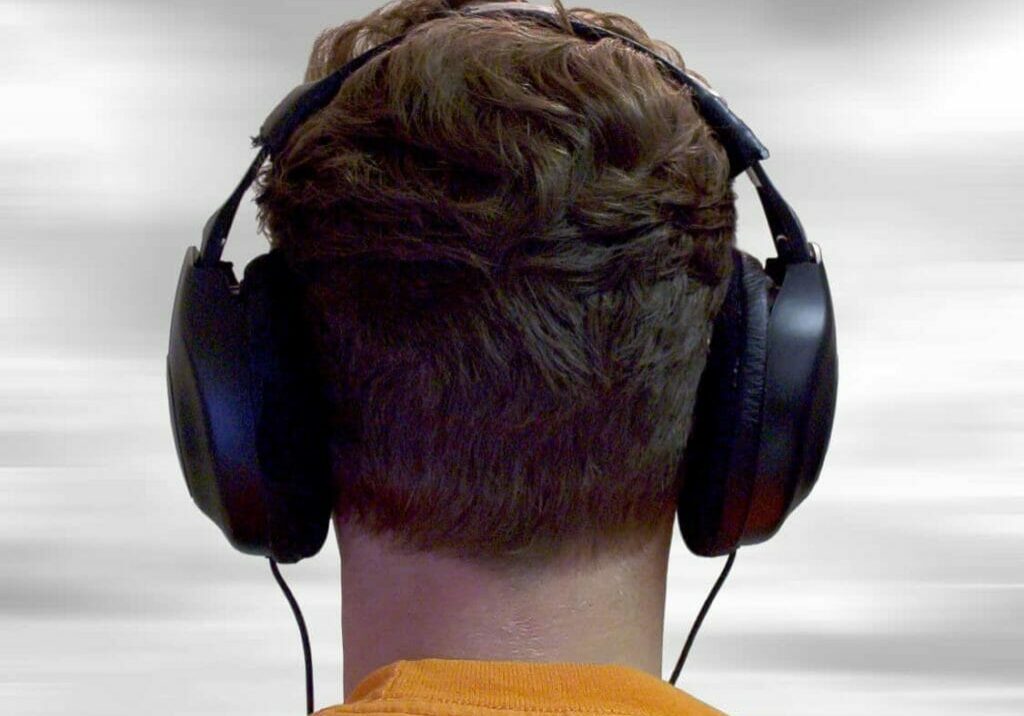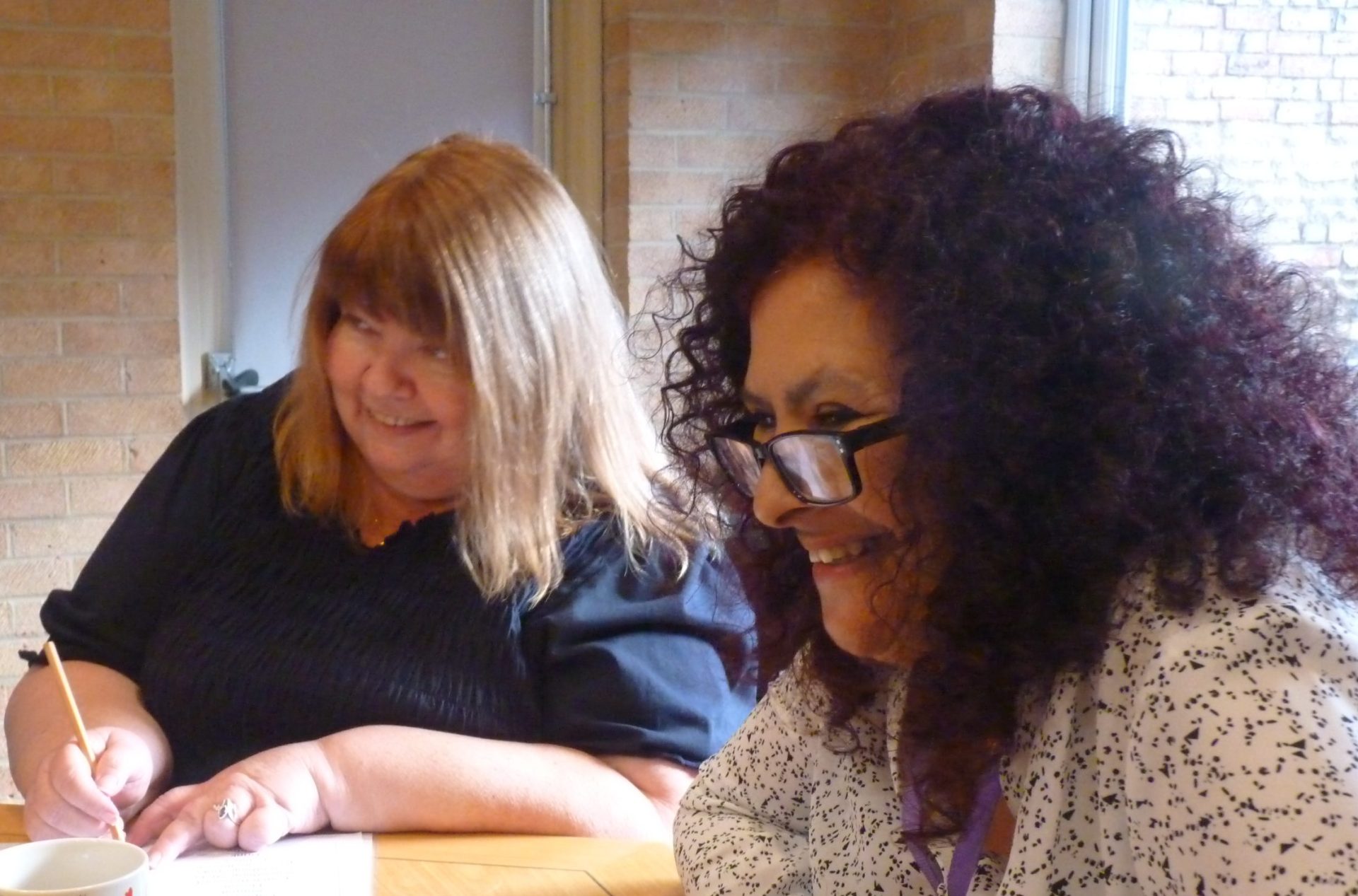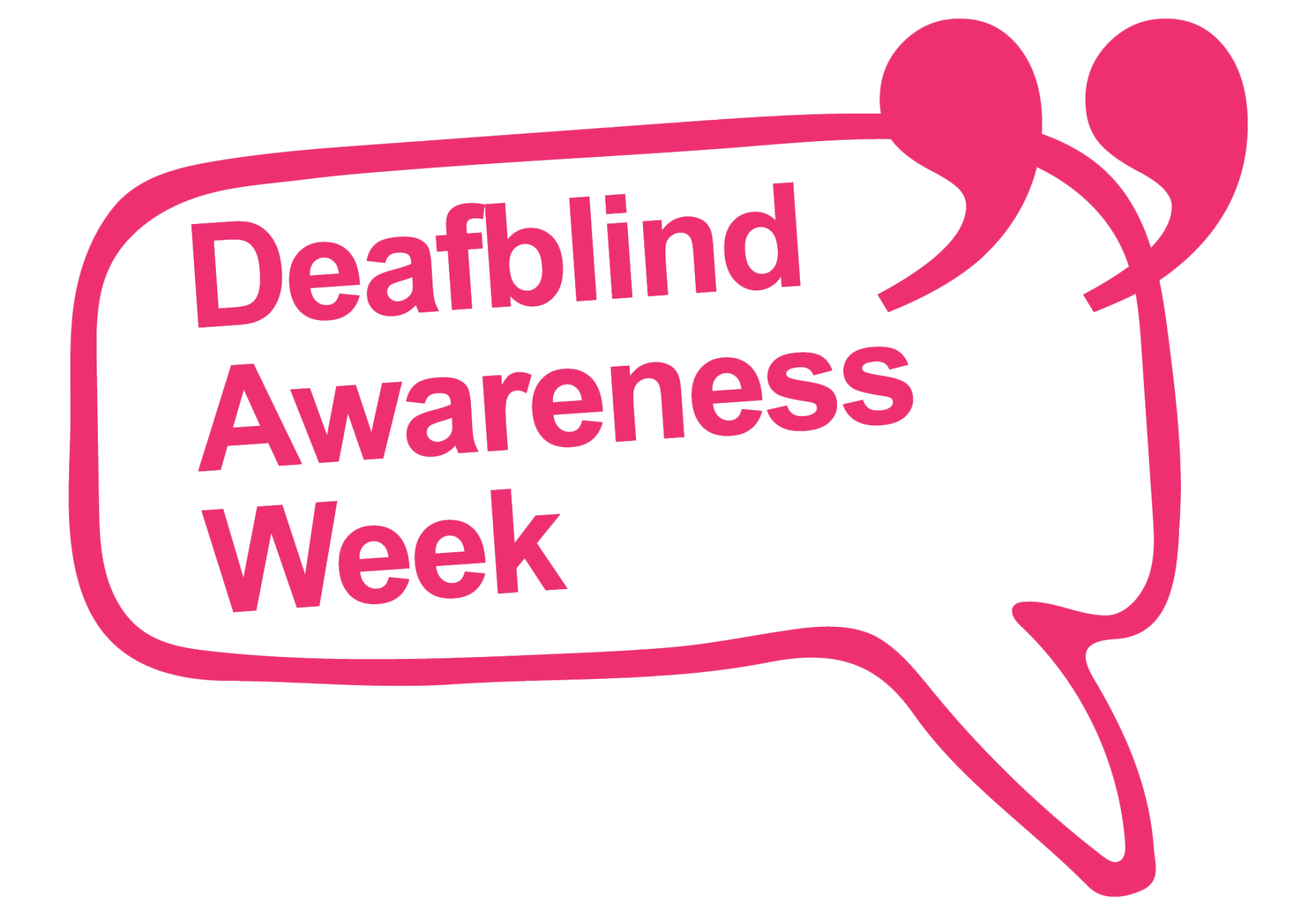The British Tinnitus Association defines tinnitus as “the perception of noises in the head or ear with no external source”. The word comes from the Latin for ringing, and sufferers may perceive many different sounds continually.
What are the symptoms?
Sufferers may hear a ringing, buzzing, whistling or other noise. This can be constant or come and go, with varying volume. It can also vary in pitch and may be one single noise or have multiple parts. Other forms of tinnitus are musical and pulsatile.
Musical tinnitus – this is when the noise seems like a familiar tune or song, otherwise known as “musical hallucination”.
Pulsatile tinnitus – this occurs when the sound is consistent with the sufferer’s heartbeat.
What causes tinnitus?
Tinnitus is not a disease in itself, but rather a symptom of another underlying condition. It is caused by damage to the inner ear – the cochlea. It can happen to those with prolonged exposure to noisy environments, such as factories or music concerts. It may also be more common in those over the age of 50.
Occasionally tinnitus is also a symptom of an ear infection or overproduction of earwax. Your doctor can run simple tests to check this.
How is it diagnosed?
Doctors will offer a hearing exam or check for worsening symptoms when moving your head. In more extreme cases, you may be offered a CT or MRI scan. Causes are often identified by specific symptoms:
- Clicking may indicate muscle contractions
- Humming/rushing may be vascular-related
- Heartbeat tinnitus may indicate blood vessel issues
Low-pitched tinnitus may be
- Meniere’s disease
High-pitched tinnitus may be sudden exposure to loud noise or old age
- Other sounds may suggest stiff inner ear bones.
What is the treatment?
Tinnitus is not harmful to one’s physical health, but may cause anxiety, depression or insomnia. Often, isolated cases get better over time. Some theories suggest that aspirin can reduce the effects, while some doctors believe tricyclic antidepressants may help in severe cases. If yours is caused by an underlying blood vessel condition, certain medications can help.
Find out more at The British Tinnitus Association.




